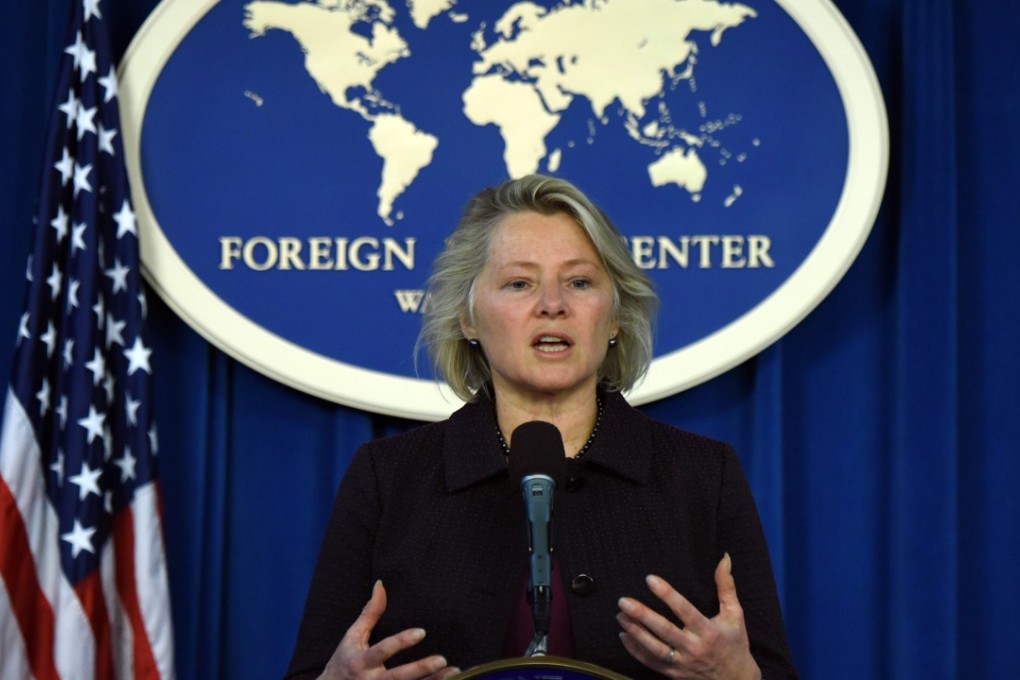Clock ticking for China to bring North Korea to nuclear talks table
Broad agreement between Washington and Beijing on need for more action but both sides still have to nail down specifics, analysts say

China realises it has limited time to use talks to rein in North Korea’s nuclear weapons programme and is open to further sanctions against Pyongyang, a senior US diplomat said in Beijing on Friday.
But members of a prominent Chinese think tank have also reportedly warned that Beijing is doing all it can and the Washington cannot expect it to do much more.
Chinese analysts said the apparent mixed signals on China’s position reflected broad agreement between Beijing and Washington on the need for further action but specific measures still had to be ironed out.
In Beijing on a two-day trip, acting assistant secretary of state Susan Thornton said China understood the United States viewed the North Korea situation as an urgent “time-limited problem set”.
“So they know now that they don’t have, I think, as much time to try to bring the North Koreans to the table to get their calculus changed and get them to the negotiating table,” Thornton said. “And I think that has lent some urgency to their measures.”